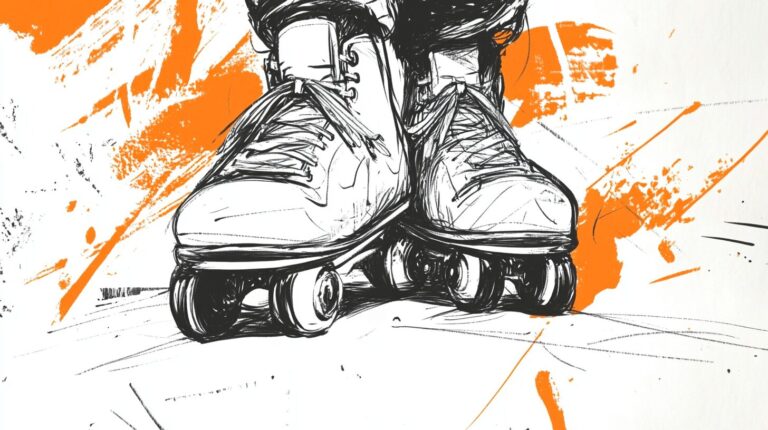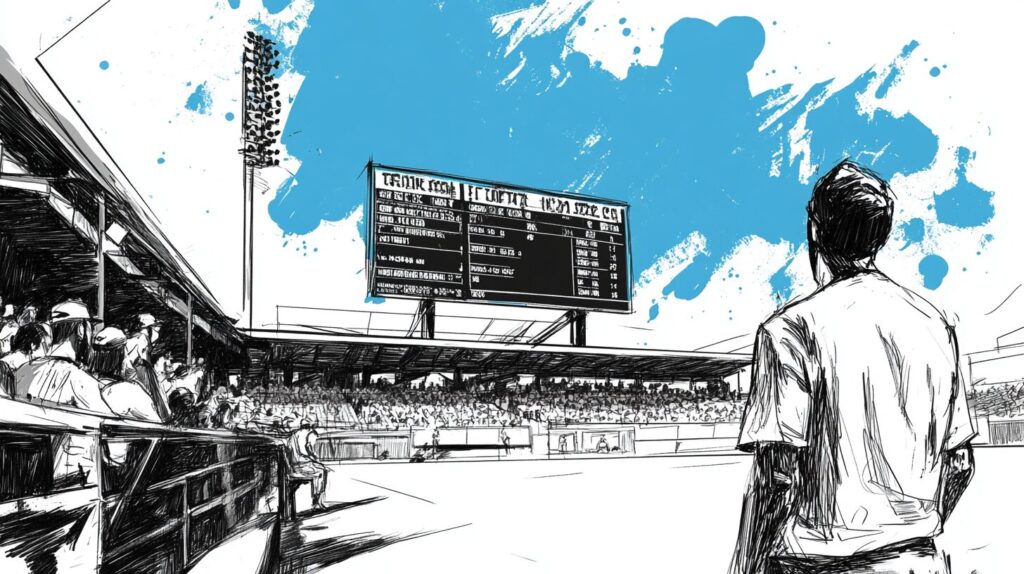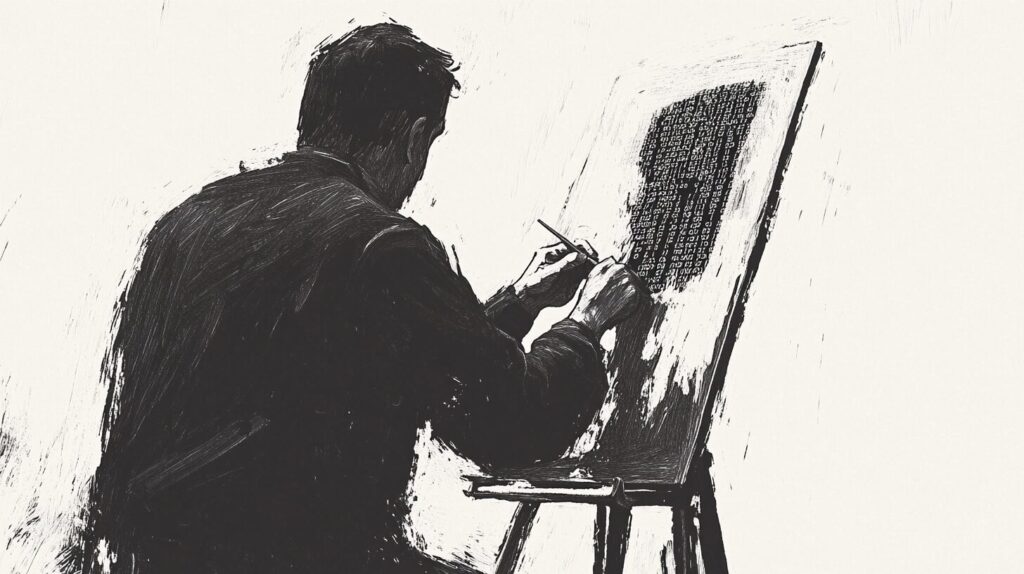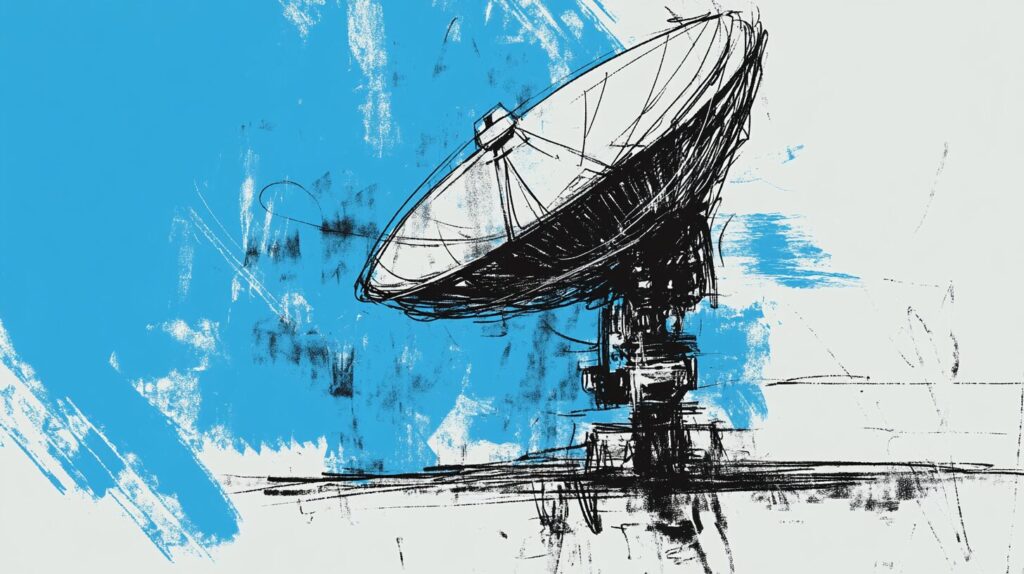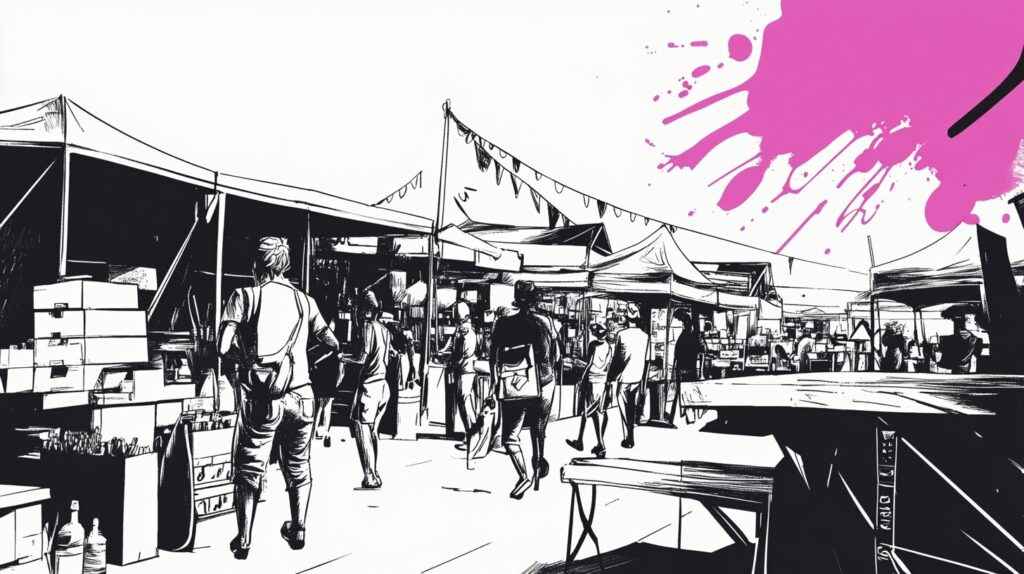There’s a Seth Godin phrase I often come back to in my work:
“People like us do things like this.”
At first glance, it feels a bit like a clever tagline.
But read it again.
Hidden in that short sentence is one of the most powerful tools you have as a creator or entrepreneur, trying to build work that spreads, connects, and lasts.
Because it’s the best definition of culture I’ve ever heard.
How Do You Build Culture?
Every creator I know is trying to build something that resonates.
A product that gets shared.
A podcast that builds loyalty.
A community where the sum is greater than the parts.
A brand that feels like more than just a logo.
But the truth?
You don’t get culture just by publishing content or launching a product.
You build culture by shaping shared identity. And to do that, you need to understand how humans signal who they are—and how they decide who’s “in.”
Culture Is a Shortcut to Belonging
People like us do things like this.
It sounds simple. But it’s packed with nuance.
- “People like us…”
This isn’t just a demographic—it’s a declaration. It says: I see you. You’re one of us. Whether it’s a room full of indie musicians, startup founders, or vegan bakers in Brooklyn—this phrase builds a bridge. - “…do things like this.”
This is the signal. The action. The ritual. It could be what we do (we compost, we boycott, we journal daily), or how we do it (we write in all lowercase, we design in black and white, we never use Comic Sans).
Culture emerges when a group of people share behaviors, values, and signals that reinforce identity.
It’s not a slogan. It’s a pattern of action.
Totems, Rituals, and the Secret Signals of “Us”
Think of a culture like a secret handshake.
Or better yet—like a silent nod between two people wearing the same Phillies hat, passing each other in an airport. Nothing needs to be said. The signal does the talking.
- Roller Derby Teams.
From the outside: a group of skaters in colorful outfits. Inside? A tightly bonded tribe with team names, code names, initiation rituals, and role-based hierarchies on the track. It’s part sport, part story, part rebellion.
People like us do things like this. - Home coffee brewers.
To many, it’s just… coffee. But for those who grind their own beans, obsess over water temperature, and weigh out their pour-over to the gram, it’s a badge of belonging. Your grinder says more about you than your job title.
People like us… - Sourdough bakers on Reddit.
They’ll tell you about hydration percentages and crust scoring patterns like it’s a secret society. Which it kind of is. Things like this… - Fly fishing enthusiasts.
To an outsider, it’s just a person in waders standing in a river. But inside the fly-fishing world? There are fierce debates about hand-tied flies, casting techniques, water reading, and regional ethics. A self-tied fly from Montana means something totally different than one bought off Amazon.
People like us do things like this.
All of these groups are defined not just by what they do—but how they do it, and who they do it with.
What This Means for You and Your Work
If you want your work to spread, don’t just aim to “go viral.” Aim to signal belonging.
This is how great brands, communities, and ideas take root.
They don’t just launch a product or publish content.
They whisper (or shout): Hey—people like us do things like this.
And the right people… hear it.
Here’s how to start applying this mindset:
- Define your “us.”
Be specific. Not “creatives,” but the kind of creatives who wake up early to write before their kids are up. - Design your signals.
What are your “totems”? Your aesthetic, your rituals, your language? The weirder and more specific, the better. - Model the behavior.
Don’t just talk about what matters. Show it. Be the example. Culture is caught more than it’s taught.
Speak the Language of Belonging
This week, ask yourself:
- Who are my people?
- What do they do—like this—that makes them “us”?
- What signals am I putting into the world to help them find each other?
Because culture doesn’t emerge from luck.
It’s built, piece by piece, by people like us.
Doing things like this.
Let’s make those things count.
If you enjoyed this post, please consider sharing it with someone else–the buttons below can help.
Thank you!
